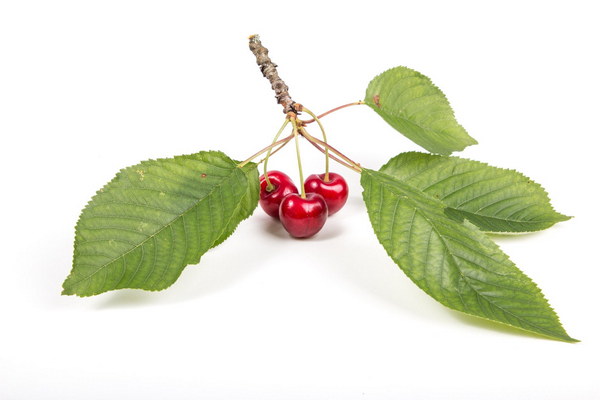Does Bear Bile Powder Really Protect and Nourish the Liver
In recent years, bear bile powder has gained significant attention in the health and wellness community for its supposed liver-protecting and liver-nourishing properties. But does this natural substance truly live up to its claims? Let's delve into the research and explore the potential benefits and risks of using bear bile powder for liver health.
What is Bear Bile Powder?
Bear bile powder is derived from the bile of bears, which is a substance produced by the liver to aid in the digestion of fats. The powder is typically made by drying and grinding the bile into a fine powder, which can then be consumed in various forms, such as capsules, tablets, or as an ingredient in traditional Chinese medicine.

Traditional Uses and Modern Research
For centuries, bear bile has been used in traditional Chinese medicine for various purposes, including liver protection and treatment of liver-related conditions. Some of the purported benefits include:
1. Liver Detoxification: Bear bile is believed to help detoxify the liver and improve its function.
2. Liver Protection: It is claimed that bear bile can protect the liver from damage caused by toxins and other harmful substances.
3. Enhanced Digestion: Some believe that bear bile can improve digestion by promoting the breakdown of fats.
While these claims have been passed down through generations, modern scientific research has been mixed in supporting the effectiveness of bear bile powder.
The Science Behind Bear Bile
Research has identified some active compounds in bear bile, such as ursodeoxycholic acid (UDCA), which is a type of bile acid. UDCA has been shown to have anti-inflammatory, anti-fibrotic, and anti-oxidant properties, which may contribute to its potential liver-protecting effects.
However, studies on the efficacy of bear bile powder for liver health have yielded mixed results. Some studies suggest that UDCA can be beneficial for certain liver conditions, such as primary biliary cholangitis (PBC) and primary sclerosing cholangitis (PSC). However, these findings are not conclusive, and more research is needed to determine the full extent of UDCA's benefits.
Potential Risks and Ethical Concerns
While bear bile powder may offer some potential benefits, it is important to consider the risks and ethical concerns associated with its use:
1. Animal Welfare: The harvesting of bear bile involves the unethical treatment of bears, which are kept in captivity and endure repeated bile extraction procedures. This has led to widespread criticism and concern about animal welfare.
2. Health Risks: Bear bile contains a variety of substances, some of which may be harmful to human health. Additionally, the quality and purity of bear bile powder can vary significantly, which may increase the risk of adverse effects.
Conclusion
While bear bile powder may offer some potential liver-protecting and liver-nourishing benefits, the evidence supporting its use is limited. Furthermore, the ethical concerns surrounding the harvesting of bear bile make it a controversial option for those seeking to improve their liver health.
For those interested in natural liver support, there are safer and more sustainable alternatives, such as herbal supplements and dietary changes. Before considering any supplement or treatment, it is essential to consult with a healthcare professional to determine the best course of action for your specific health needs.









